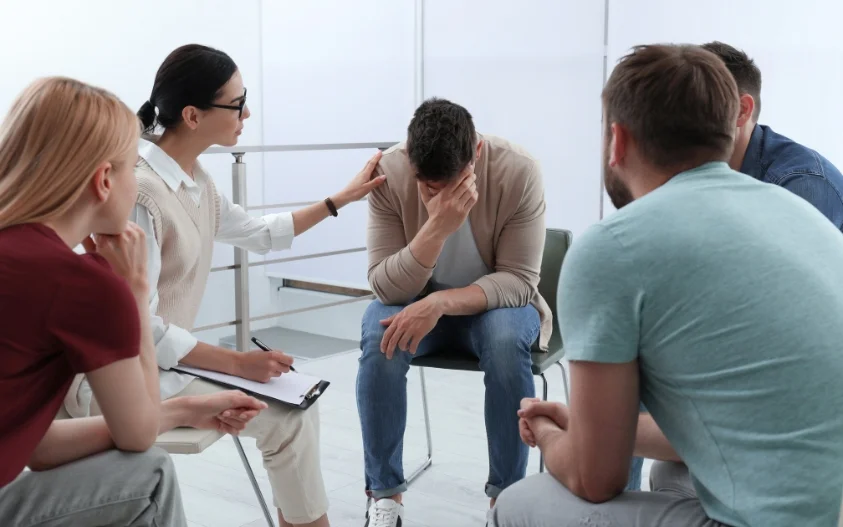24/7 Helpline:
(866) 899-221924/7 Helpline:
(866) 899-2219
Learn more about OCD Treatment centers in Gainesville
OCD Treatment in Other Cities

Other Insurance Options

Private insurance

Regence

Ambetter

Cigna

Excellus

Meritain

BlueShield

BHS | Behavioral Health Systems

UnitedHealth Group

BlueCross

EmblemHealth

Medical Mutual of Ohio

State Farm

Self-pay options

American Behavioral

Health Partners

Access to Recovery (ATR) Voucher

Highmark

AllWell

Holman Group


















































































































































